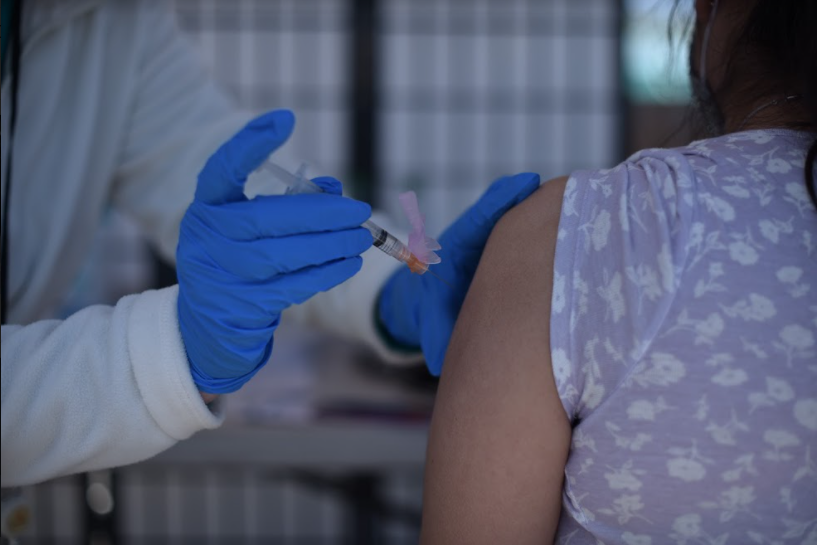
The U.S. Food and Drug Administration (FDA) has given the green light to a second booster dose of the Pfizer-BioNTech or Moderna COVID-19 vaccines for people over 50 and certain immunocompromised people.

The U.S. Food and Drug Administration (FDA) has given the green light to a second booster dose of the Pfizer-BioNTech or Moderna COVID-19 vaccines for people over 50 and certain immunocompromised people.